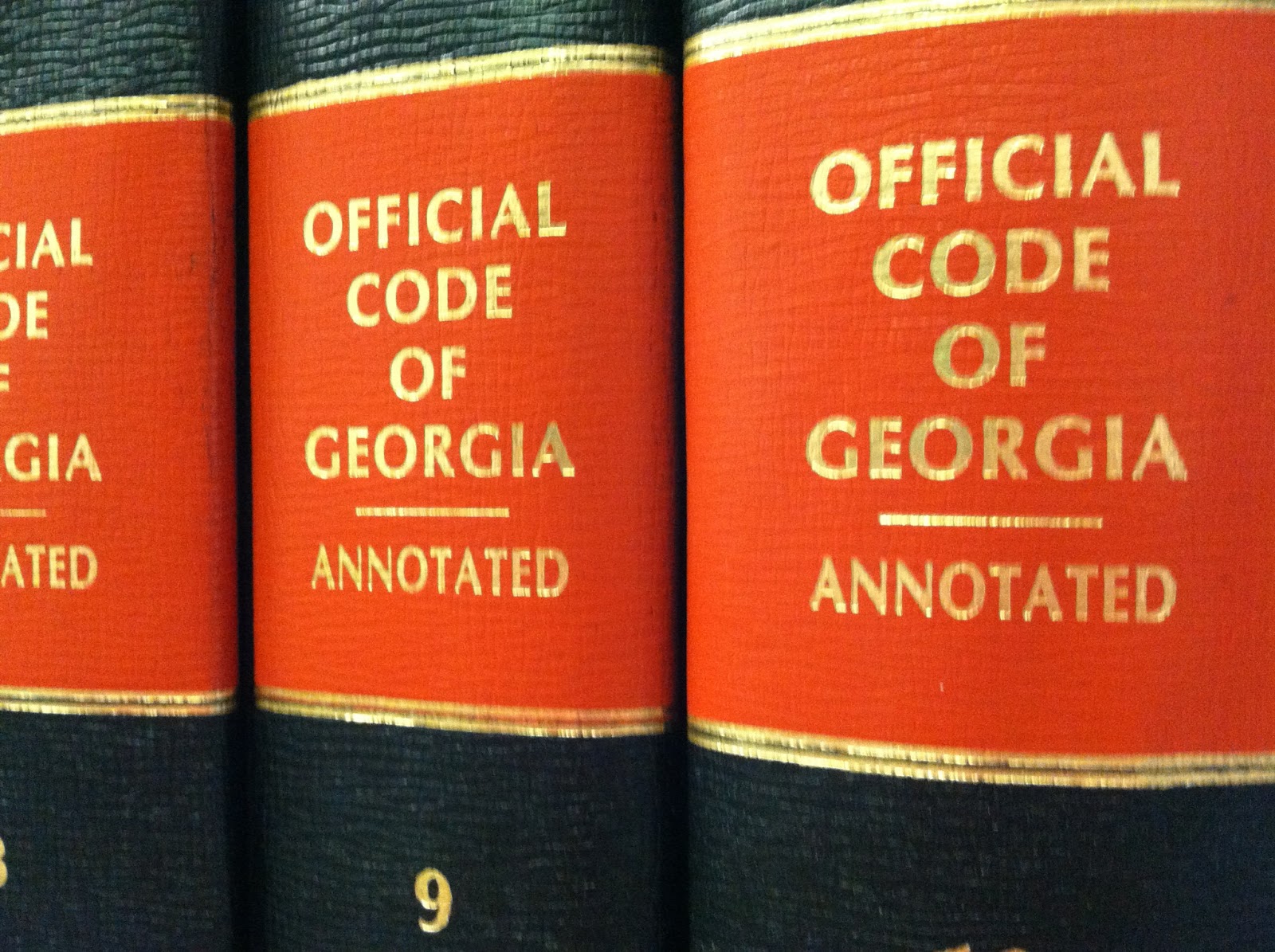We’ve all seen head-scratching newspaper headlines that say one thing, but mean another:
- Police Begin Campaign to Run Down Jaywalkers
- Children Make Nutritious Snacks
- Stud Tires Out
But what happens when this double entendre finds its way into a written contract?
A recent decision by the Georgia Court of Appeals highlights the process courts use in interpreting contested contractual language. The case resolved a dispute between the owners of two contiguous buildings that shared a parking deck. While a 1996 Reciprocal Easement Agreement governed the respective building owners’ rights and obligations as to the parking deck, neither of the parties to the lawsuit negotiated that Agreement. Instead, each effectively inherited its respective rights and obligations with respect to the parking deck when they bought property that was subject to the Agreement. That Agreement provided in part that:
“the expenses of personnel and security surveillance …
and profits of operation relating to the parking lot shall
be allocated between the parties …”
For years, the two buildings’ successive owners shared expenses associated with the parking deck, but not profits. In 2013, a dispute arose between the respective building owners (referred to here as Building One and Building Two) over shared expenses. Things escalated and eventually, Building One disabled access to the garage for the employees and guests of Building Two. Building Two brought suit against Building One seeking injunctive relief, damages, and a declaratory judgment seeking an interpretation of the Agreement.
A central issue in this convoluted case was the meaning of the phrase “profits of operations related to the parking lot.” Building Two argued that this language required Building One and Building Two to share with each other both the profits and the expenses associated their respective use and operations of the parking garage. Because Building One regularly had many more guests using the garage than did Building Two, this interpretation would require Building One to pay far more to Building Two than it received in return.
For its part, Building One argued that the profit sharing language in the Agreement was only intended to apply to revenues generated from “transient third party parkers”, but not for customers, employees, or invitees of the owners of the two buildings. In support of this position, Building One found executives of businesses that formerly owned and operated both buildings who testified that while they historically shared garage related expenses between the two buildings, they never shared profits. Given this, Building One argued that the prior conduct of previous owners was indicative of the intent of the parties and that it would be ‘unfair’ to make the building owners start sharing profits now.
To resolve the issue, the Court of Appeals applied the well settled rules of contract construction. The cardinal rule is to determine the intent of the parties. In so doing, the Court is to first read the entire contract. If the Court determines the language to be clear and unambiguous, the Court must enforce the contract as written. Alternatively, if the Court deems the contract to be “ambiguous”, the Court can then consider evidence beyond the contractual language to determine its meaning. The public policy behind this rule is to encourage parties to be clear as to their expectations and understanding with respect to the contracts they enter into.
Here, the Court of Appeals found the phrase “profits of operations related to the parking lot” to clearly and unambiguously require Building One and Building Two to share their parking related expenses and profits with one another. Because the contract language was clear, the Court refused to consider evidence concerning the manner in which prior owners addressed the sharing of expenses and profits. The Court of Appeals was unmoved by Building One’s argument about “fairness”, holding “[t]hat this may be a bad bargain for [Building One] does not render the [Agreement] ambiguous.”
The takeaway is that a well drafted contract that clearly articulates the rights and obligations of the parties is likely to afford far more protection than will impassioned pleas about fairness.
Healthy business relationships are an essential component of business success. When disputes cause business relationships to sour, declining productivity and revenues are sure to follow. Bill works with business owners to bring successful and efficient resolution to a wide variety.

